This page requires that JavaScript be enabled in your browser.
Learn how »
Exploring and Creating NFTs: How Are Non-fungible Tokens Changing Our Communities?
Christian Pasquel
Non-fungible tokens, also known as NFTs, are changing the way we think about value and property. In this talk, you'll be part of a computational exploration of this technology, its standards and design used across different blockchains. Even though NFTs are mostly known in the art context, you'll learn about other use cases, such as digital identity, professional credentials and much more. Finally, you'll be part of an NFT liveminting session and giveway. This presentation is open to developers, artists, curators, educators, historians, law students and basically anyone who is interested in how this emerging technology can change our communities.
Thanks for your feedback.
1311 videos match your search.
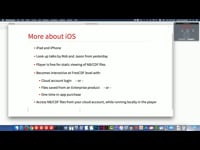 |
Andre Kuzniarek |
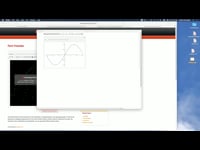 |
Andre Kuzniarek |
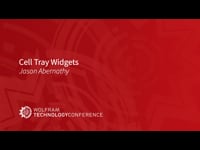 |
Jason Abernathy The cell tray widget interface allows developers to produce high-quality cell-level user interface tools that are managed by the front end. Widgets are organized into "trays" placed near the cell ... |
 |
Rodrigo Obando Focusing on traditional origami but approaching it with mathematical formalism rather than artistic values, we realize origami in a virtual space by using Mathematica's leading-edge symbolic, numeric and graphics computation ... |
 |
Itai Seggev In recent versions, we have added functionality to make Wolfram Language more directly applicable to the calculus classroom. I will focus, in particular, on the new functions ImplicitD, IntegrateChangeVariables and ... |
 |
Rodrigo A. Obando |
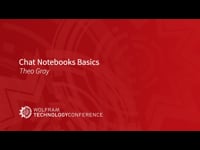 |
Theo Gray |
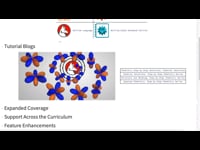 |
Jason Sonnenberg In this presentation, Jason Sonnenberg shows an example of combining various Wolfram tools and resources in order to advance pedagogy in the context of a popular online introductory chemistry textbook. ... |
 |
Robert Nachbar This talk describes the development of the idea of using combinators to model chemical structures and how to use Wolfram Language to get there. |
 |
Mark Greenberg |
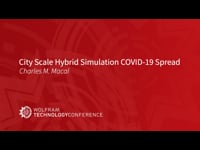 |
Charles Macal In this talk, we describe two complementary Mathematica epidemiological simulation modeling approaches to forecast city-scale COVID-19 spread: an agent-based model and a system dynamics model. Used together, this hybrid system ... |
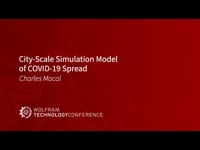 |
Charles Macal Forecasting models for COVID-19 at the national and state levels have been common, but few account for transmission at city or smaller scales. In this talk, we describe two complementary ... |
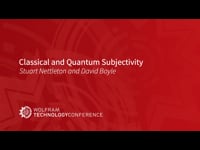 |
Stuart Nettleton, David Boyle
Uncertainty is a major component of subjective logic beliefs. We discuss the cloud of uncertainty across Markov networks, insights from computational irreducibility, and negative quantum quasiprobabilities and beliefs. |
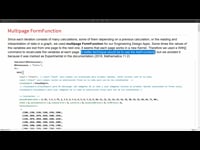 |
José Luis Gómez-Muñoz |
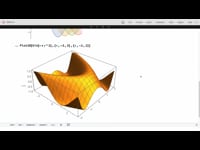 |
Jan Poeschko |
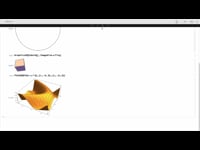 |
John Pacey & Jan Poeschko |
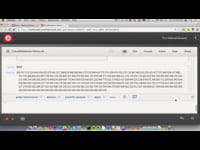 |
Jan Poeschko and Joel Klein Learn about the notebook interface in the cloud and what you can do and build with it. This talk gives an overview of the latest advances in cloud notebook rendering ... |
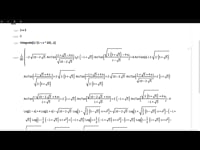 |
Jan Poeschko & John Pacey |
 |
Joel Klein |
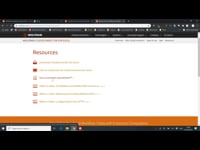 |
Anthony Zupnik |